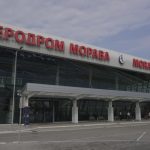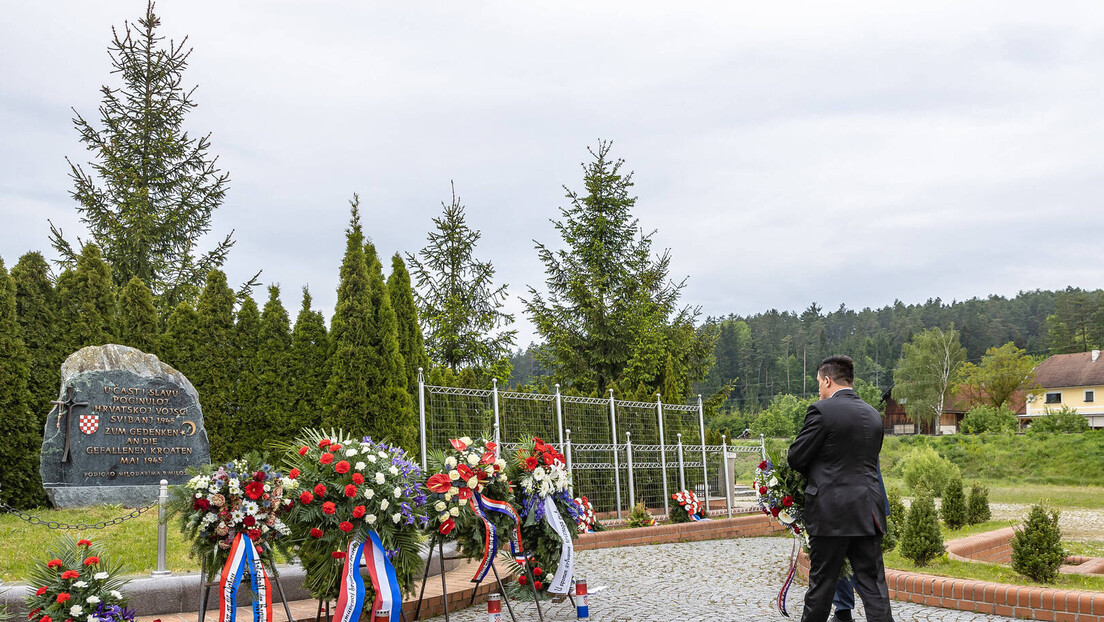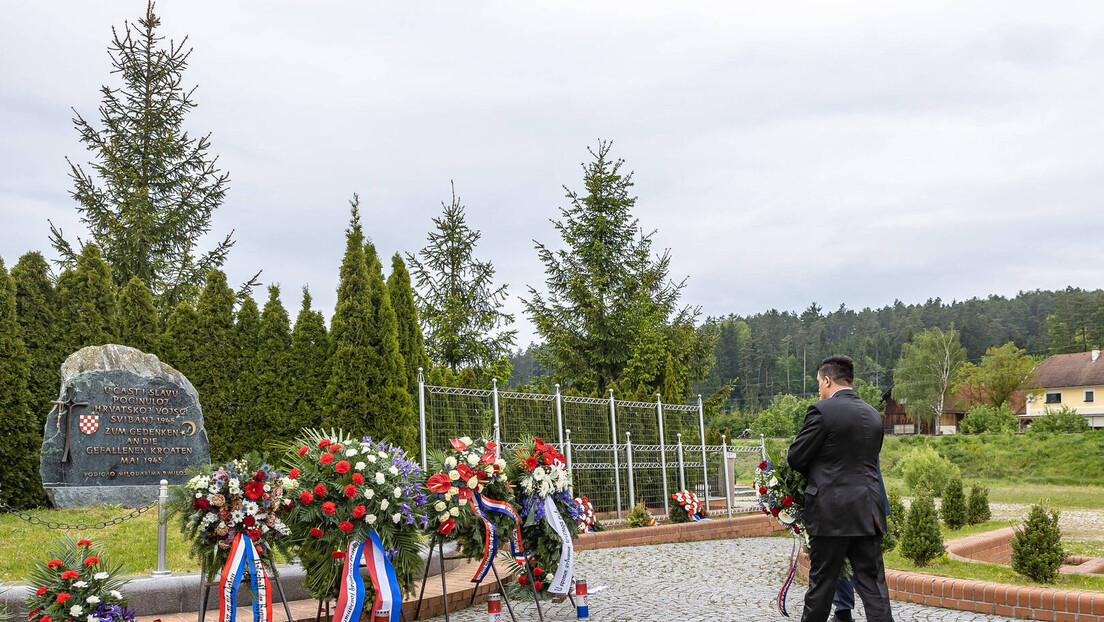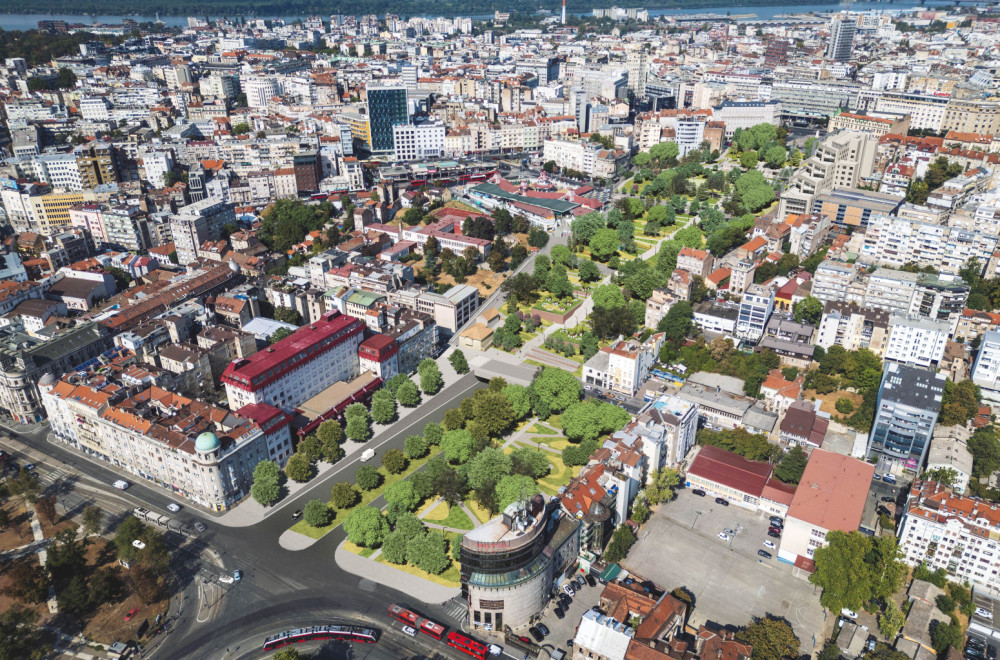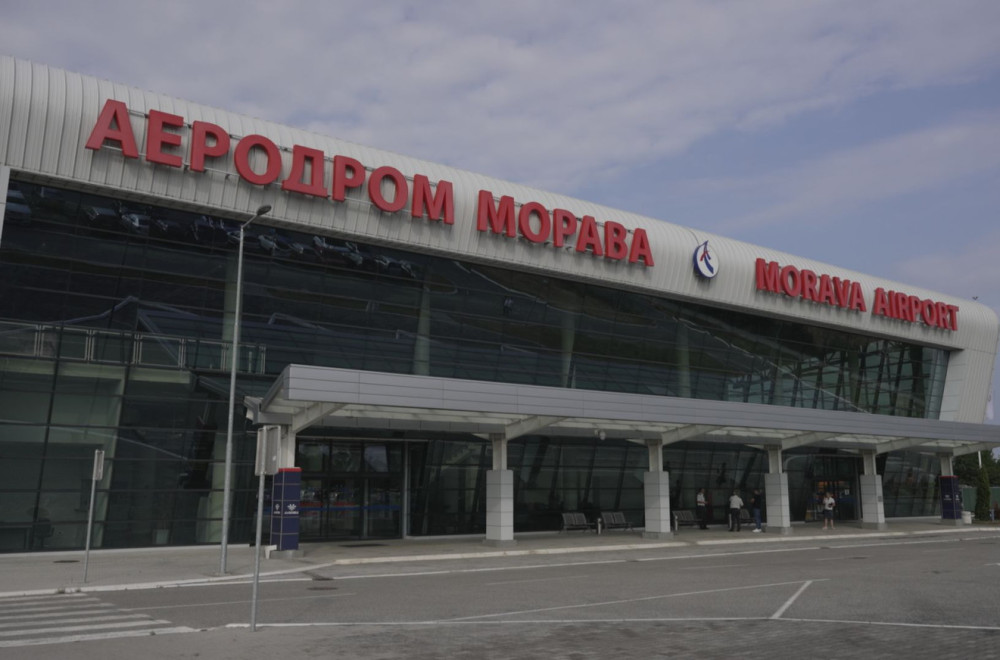Welcome to the world where history mixes with politics, and victims are divided into those who deserve dignity and those who should be forgotten! Croatia has just established a new “Commissariat for the Investigation of Communist Crimes after World War II,” headed by Ivan Penava, president of the Croatian Homeland Movement party. No, this is not a joke — Penava will not lead an “ideology office” as neighboring media speculated, but will deal with what he calls “the greatest trauma and historical tragedy of the Croatian people” — Blajburg.
Blajburg – heroic tragedy or controversial myth?
Blajburg is the place where, at the end of World War II, hundreds, possibly thousands, of members of Croatian armed forces, mostly Ustashe and Domobrans, were executed by Yugoslav Partisans. Penava and his followers claim this is a vital topic for the Croatian nation, that these people were killed just because they were Croats, not for their crimes or ideology. Is this true or revisionism? Penava even announces the removal of monuments he considers “Greater Serbian” from Croatian cemeteries, further fueling tensions.
Political game with victims
The Croatian government has also established a Council for Facing the Consequences of Undemocratic Regimes, which equated fascism and communism as totalitarian regimes. In that report, alongside the Ustasha movement, the Chetnik movement was included as symbols to be banned, while the Ustasha salute “Za dom spremni” (For the Homeland – Ready) was deemed acceptable if used in the context of Croatian military units from the 1990s. So, fascism is bad, but only if it’s not “our” 90s fascism.
Who really were the victims of Blajburg?
Historian Bojan Dimitrijević explains that at Blajburg were mostly captured members of Croatian armed forces, but also Montenegrin and Herzegovinian Chetniks, who surrendered to the British and were then returned to Yugoslav Partisans. Most Croatian prisoners were liquidated on the way, some sent to camps. The British claimed ignorance of the executions but stopped the returns about ten days later. This bloody episode remains controversial to this day.
Why a new commissariat?
Although Croatia already has a Ministry of Veterans with a sector for victims of WWII and post-war periods, and a Council for Facing the Consequences of Undemocratic Regimes, Penava and his party believe this is insufficient. Their goal is to “heal the greatest trauma of the Croatian people” and give “dignity to the killed.” However, critics say this is just a political game and an attempt at historical revisionism that may further divide society.
Monuments and symbols – a new battle for the past
Penava has already submitted requests to remove ten tombstone monuments in Vukovar he considers “Greater Serbian.” The government report stated it would be acceptable for a democratic state to prescribe rules regarding “controversial inscriptions.” This raises the question of where the line lies between remembrance and political manipulation. Will history be written on cemeteries or in parliaments?
Conclusion – history as a weapon
Croatia finds itself again in a whirlpool of historical controversies where the past is used as a weapon for political goals. Penava and his Commissariat for the Investigation of Communist Crimes are not just trying to uncover the truth but to shape a national narrative that may cause new divisions. While some fight for “the dignity of victims,” others warn of the dangers of revisionism and glorification of fascist symbols.
If you thought history was boring, think again! This drama with Blajburg, monuments, and political games is a real soap opera with many twists. So, what do you think – is this a fight for truth or just another political show? Drop a comment, spark a debate, or just share a laugh with friends over this neighborhood madness!




